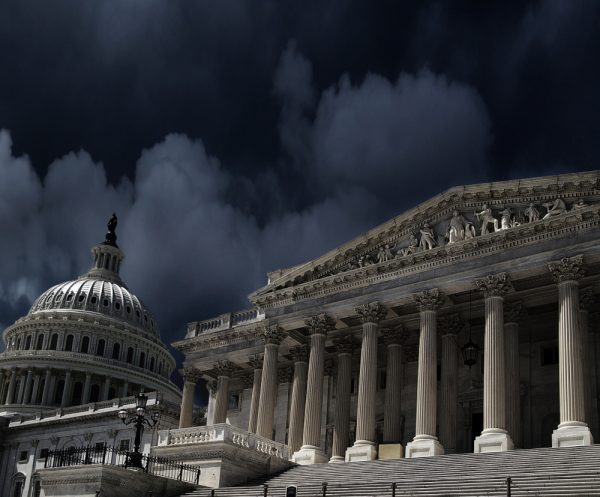
On January 6, 2021, domestic terrorists attacked the U.S. Capitol Building while Congress met to certify the election of Joe Biden and Kamala Harris. What happened is difficult to process, but even more difficult to discuss with children and teens who may need answers and reassurance right now.
Our children know what happened, or at least, that something happened — something violent and concerning. At times like this, families may want to help their kids process what they may be seeing, hearing and feeling. But, kids are not all the same. Some kids may want a lot of details, while others may simply want to know that they’re safe. Moreover, because of the complexity of this moment in history, explaining the Capitol attack and related social and political issues isn’t easy.
We’re providing resources and suggestions to help families start a discussion about what happened at the Capitol building, as well as related topics that are on many families’ minds right now. We encourage families, as always, to approach these conversations with warmth and connection. Kids and teens will feel safe and listened to if we share without judgment, help them name their feelings, and provide honest answers at an age-appropriate level.
For more tips on helping kids feel safe after violent events, we recommend this guidance from the Clay Center for Healthy Young Minds at Massachusetts General Hospital.
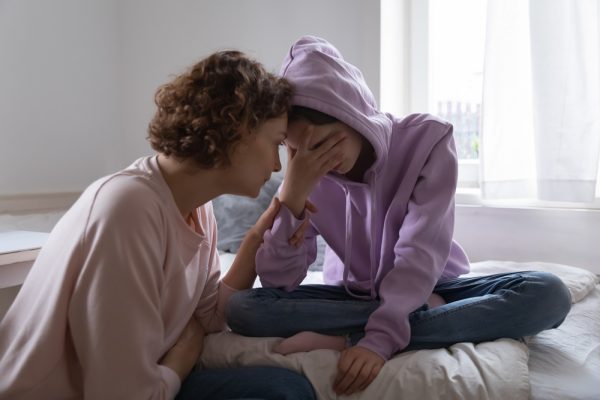
How to talk to kids about tragic events
Families who aren’t sure how their children will handle a “current events” focus — especially families of younger children who may not be able to fully understand what happened — might want to focus on reassurance at this time. Our article on talking to kids about tragedy provides helpful links and age-by-age conversation starters to help you navigate those conversations.
Here are a few basic questions you might ask kids of all ages right now:
- Have you heard anything about what happened at the Capitol in DC? What have you heard? Do you have questions about it?
- What feelings did you have when you saw or heard the news of what happened? Can you name those feelings? (Parents: This is a good opportunity to model naming your own feelings about these events.)
- What is most upsetting or concerning to you about what happened? What are some things we can do that help you to feel safe? (Parents: At this time, you might share some of your own concerns and coping strategies.)
- Have you heard about any people who helped during this event, or anyone who you think showed courage or character during or after? Who was it, and what did they do that struck you as positive?
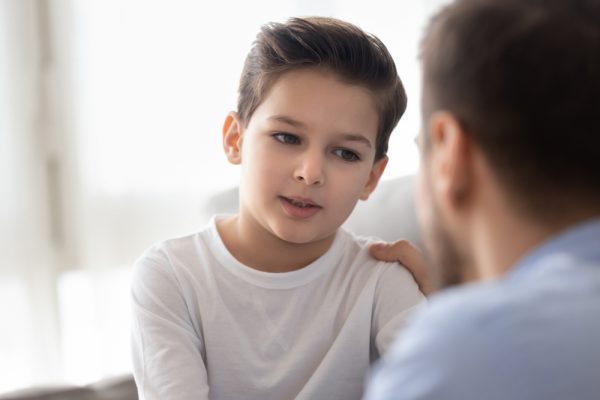
“Let Them Talk”: Resources to help kids process what they’re seeing and feeling right now
Inspired Teaching has created a comprehensive resource for educators to help kids talk about their personal reactions to the events at the Capitol. However, the questions they pose could in many cases be just as valuable for parents to ask their own children. We recommend starting with these questions from Inspired Teaching’s “Let Them Talk” resource:
- How are you feeling? Is it a familiar feeling or an unfamiliar one? Is it easy to name how you are feeling, or is it hard to do?
- Can you think of a time you did something wrong, something that hurt someone else – and you had the courage to admit you were wrong? How did that feel?
- What do you know about the events of January 6? What do you want to understand better?
- Imagine yourself 50-60 years from now, speaking with your grandchildren about the events of January 6. What do you think you’ll tell them? What will you want them to learn from these events?
- Where do your rights interfere with the rights of others?
- Some have said that yesterday was a turning point in our country. Do you believe we’re at a turning point? Why or why not? Can you think of other times in history that have been turning points in the history/trajectory of a society?
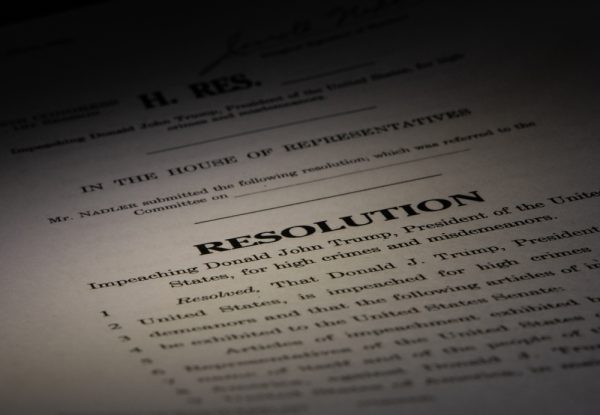
How to talk about the consequences and outcomes of these events
One question kids and adults may be asking in light of the attack on the Capitol Building is “What are the appropriate consequences?” Children and teens in particular might want to know that there are steps being taken to prevent future attacks or further harm. Here are some questions you can discuss as a family about the consequences that have been publicly debated so far:
- In response to the breach of the Capitol, Facebook has banned President Trump and Twitter temporarily suspended his account. Do you think they were right to do so? Should they have taken measures to stop President Trump and others from posting certain types of messages sooner?
- Media outlets report that some members of the government are discussing either invoking the 25th Amendment or impeachment. If you were a member of Congress who had to vote on one of these measures, what might you do?
- Some members of Congress are using their social media accounts and speeches to their colleagues to spread false information about the election and the identities of the rioters. Do you think there should be consequences for their behavior?
- What do you think should happen to the people who attacked the Capitol Building? Some of them have lost their jobs after being identified by their employers. Others have been arrested, but not all. What do you think is the appropriate consequence for taking part in these events?
- After the Capitol was again safe, all the members of Congress worked until about 4 a.m. to finish certifying the election of Joe Biden and Kamala Harris. Why do you think they did that? How did you feel knowing that they had done that?
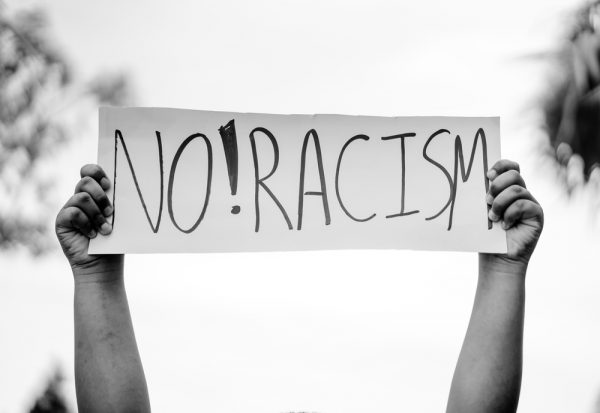
How to talk to kids about systemic racism and how it relates to this attack
“No one can tell me that if it had been a group of Black Lives Matter protesting yesterday, they wouldn’t have been treated very, very differently from the mob of thugs that stormed the Capitol,” said President-elect Joe Biden. Families with children of middle school and high school age can examine President-elect Biden’s comment together and talk about ways to contribute actively to anti-racism efforts. Some ways to begin the dialogue might include:
- Why do you think some people are upset by the difference in treatment of black protestors during the summer of 2020, versus the treatment of the rioters who breached the Capitol Building on January 6? What do you think the key differences are between these events?
- Many of the people who attacked the Capitol Building were photographed and videoed wearing racist symbols, slogans and tattoos, such as swastikas and Confederate flags. How do you think communities of color, Jewish people and other marginalized groups might feel seeing those symbols displayed by the terrorists who breached the building?
- When you see swastikas, Neo-Nazi slogans and other hate symbols displayed in this context, what do you think it says about the way some people in our country view “power” or “control?”
- Many people of color are feeling unsafe right now. What is something you, or our family, can do now or in the future to help our friends and neighbors who are people of color feel supported?
- How can we stand up against racism and prejudice in our community?
To talk more about anti-racism in general with your family, try our Recipe for Conversation: Talking About Anti-Racism or our Dinner and a Movie: Anti-Racism resources.
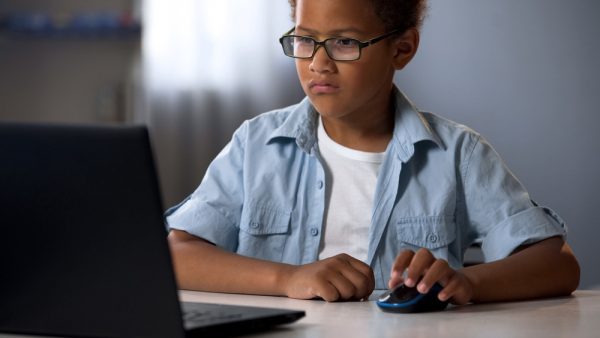
How to talk to kids about fact vs. fiction
One of the difficult aspects of what happened at the U.S. Capitol is the spread of disinformation during and after the attack. Talking about the events is made more difficult when kids (and some adults) don’t know what to believe. In our increasingly social-media-driven world, rumors and lies can spread very quickly and can be hard to dispel. Older kids and teens may need help sorting through what information they can trust, and how to separate facts from fiction. Questions you can ask include:
- How do you decide whether to trust a news source? Are there clues you can look for?
- If you’re unsure whether something is true, how can you find out? Do you know where to get credible information?
- Do you think it’s okay to share information with others if you’re not sure whether or not it’s true?
- What’s the difference between a fact and an opinion? Can you give an example of something you believe is a fact about this event, and an example of something that is an opinion about this event?
- If you see something shared online that you know is not true, what do you think you should do?
How you choose to approach the conversation about the breach of the U.S. Capitol with your children will depend on your individual family, the ages of the kids, and other personal factors. However, we encourage all families to talk about these events in the way that seems best to them. We believe that at a difficult moment like this, coming together for reassuring rituals like family dinners, to talk about things that matter, is one of the best things families can do.
